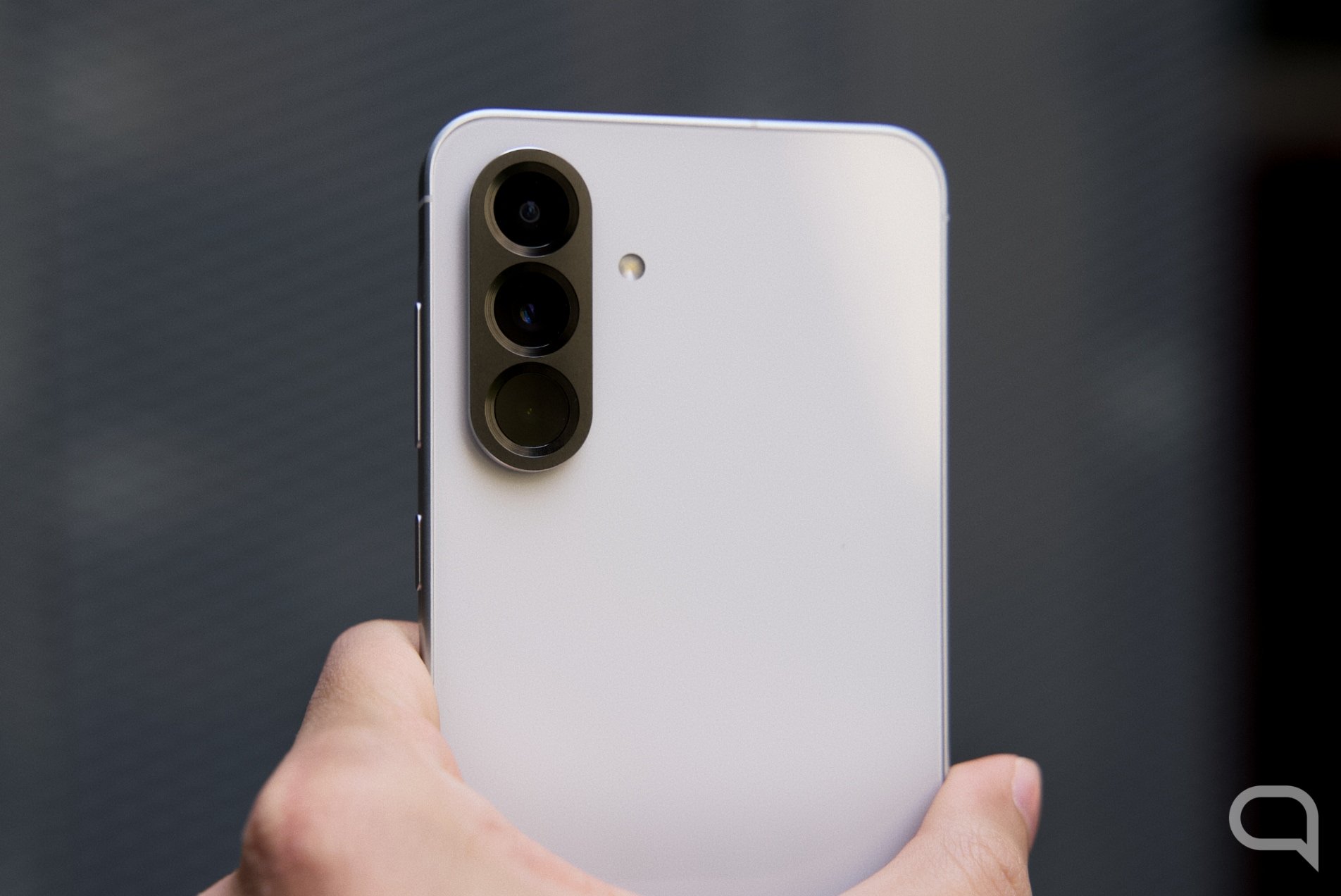If you ever felt the need install Windows or Linux on your Macyou will understand that the process is not easy. The ease offered by Bootcamp has faded into the background with the advent of Apple Silicon chips. The good news is that Parallels has released an update that allows you to emulate x86 operating systemsfor example Windows 10 or Windows 11.
Parallels has released version 20.2 of its virtualization software, which includes a preview of x86 emulation technology for Apple-based Macs, according to a post on the Parallels website. This feature makes it possible to run x86-based operating systems, although with significant performance limitations.
The new feature, described by Parallels as a “native emulation engine,” is designed for specific 64-bit operating systems. Officially supported configurations include Windows 10, Windows 11, Windows Server 2019 and Windows Server 2022. The company has also tested several UEFI-compatible Linux distributions, including Ubuntu 22.04.5Kubuntu 24.04.1, Lubuntu 24.04.1 and Debian versions 12.4 to 12.8.
With this update, Parallels removes a critical limitation for users who require compatible with this architecture on macOS. Previously, software was limited to ARM-based operating systems, which required the use of translation layers such as Rosetta for x86 applications.
You can now emulate Windows 11 on Mac, but don’t worry
Although emulating Windows 11 on Apple Silicon is possible, performance is not the best. The company notes that this feature is in testing, so boot times for Windows virtual machines vary from two to seven minutes depending on the host hardware configuration.
The answer is also not optimal, so you may experience slowdowns after loading the operating system. This performance bottleneck is a direct consequence of the emulation process, which converts x86 instructions into ARM-compatible instructions in real time.
Parallels notes that there are other limitations, such as lack of support for USB devices in emulation. This means that you will not be able to connect an external hard drive to view its contents directly on the emulated system. Nested virtualization is also not possible since all virtual machines run through the Apple hypervisor.
Those who want to emulate older versions such as Windows XP or Windows 7 will not be able to do so because There is no support for 32 bits in operating systems, only in applications. There is also no option for most Fedora distributions, which, although they may work, have inconsistent performance.
Mikhail Ushakov, Parallels product manager, said that while this is not a final decision, the new technical beta will be important for testing and receiving user feedback. Those interested can download the latest version from the site, although they will have to pay for it. fee of $99 per year or activate a 14-day trial.
Source: Hiper Textual
I’m Ben Stock, a highly experienced and passionate journalist with a career in the news industry spanning more than 10 years. I specialize in writing content for websites, including researching and interviewing sources to produce engaging articles. My current role is as an author at Gadget Onus, where I mainly cover the mobile section.













